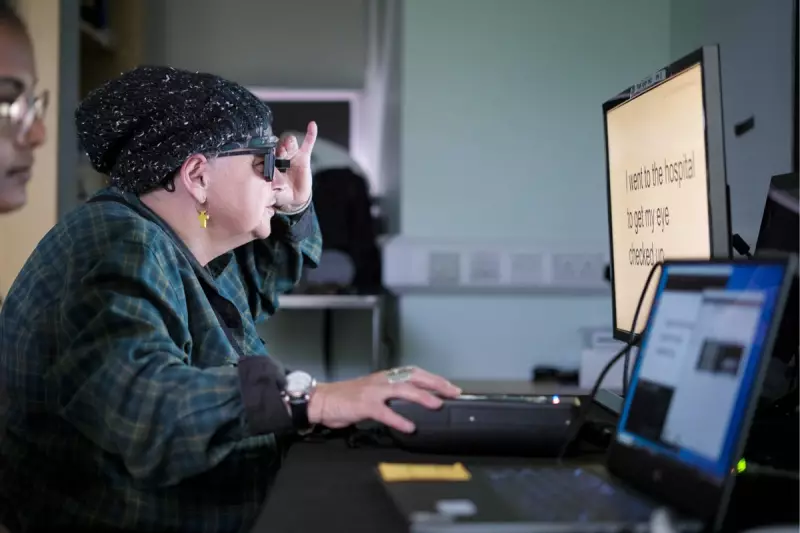
In a remarkable medical breakthrough that could transform orthopaedic surgery worldwide, French surgeons have successfully completed the first-ever simultaneous double knee replacement using an advanced surgical robot and custom 3D-printed implants.
The Groundbreaking Procedure
The pioneering operation took place at Montpellier University Hospital in southern France, where a specialised surgical team replaced both knees of a single patient during one carefully orchestrated procedure. What makes this achievement particularly significant is the combination of cutting-edge technologies deployed throughout the operation.
The surgical team utilised the ROSA® robot, developed by French company Zimmer Biomet, which provided unprecedented precision throughout the complex procedure. This technological assistance allowed surgeons to execute movements with accuracy measured in fractions of millimetres.
Customised 3D-Printed Implants
Perhaps even more revolutionary than the robotic assistance were the custom-made implants created specifically for this patient. Using advanced 3D printing technology, the medical team manufactured knee replacements tailored perfectly to the individual's unique anatomy.
"This represents a fundamental shift in how we approach joint replacement surgery," explained Professor Nicolas Reina, who led the surgical team. "Rather than adapting standard implants to fit the patient, we're now creating implants that match the patient's exact requirements."
Benefits for Patients and Surgeons
The implications of this medical milestone extend far beyond the technical achievement itself. For patients facing complex joint conditions, this approach offers numerous advantages:
- Reduced surgical time compared to separate procedures
- Decreased anaesthesia exposure
- Faster overall recovery period
- Better long-term joint function and mobility
- Custom-fit implants that mimic natural joint movement
For orthopaedic surgeons, this successful procedure demonstrates how robotics and personalised medicine can work in harmony to achieve outcomes previously considered unattainable.
The Future of Joint Replacement
This world-first procedure signals a new era in orthopaedic care, where mass-produced medical devices may gradually give way to patient-specific solutions. The integration of robotics with custom 3D printing opens up possibilities for treating even the most challenging joint conditions with unprecedented precision.
As Professor Reina noted, "We're not just replacing joints anymore; we're recreating them. This is personalised medicine at its most practical and transformative."
The success of this double knee replacement suggests that similar approaches could soon become standard practice for complex orthopaedic cases worldwide, potentially benefiting millions of patients suffering from severe joint deterioration.





